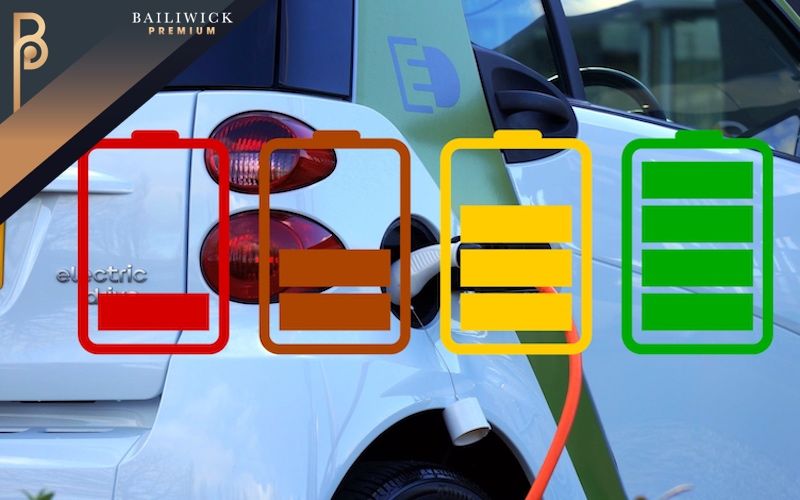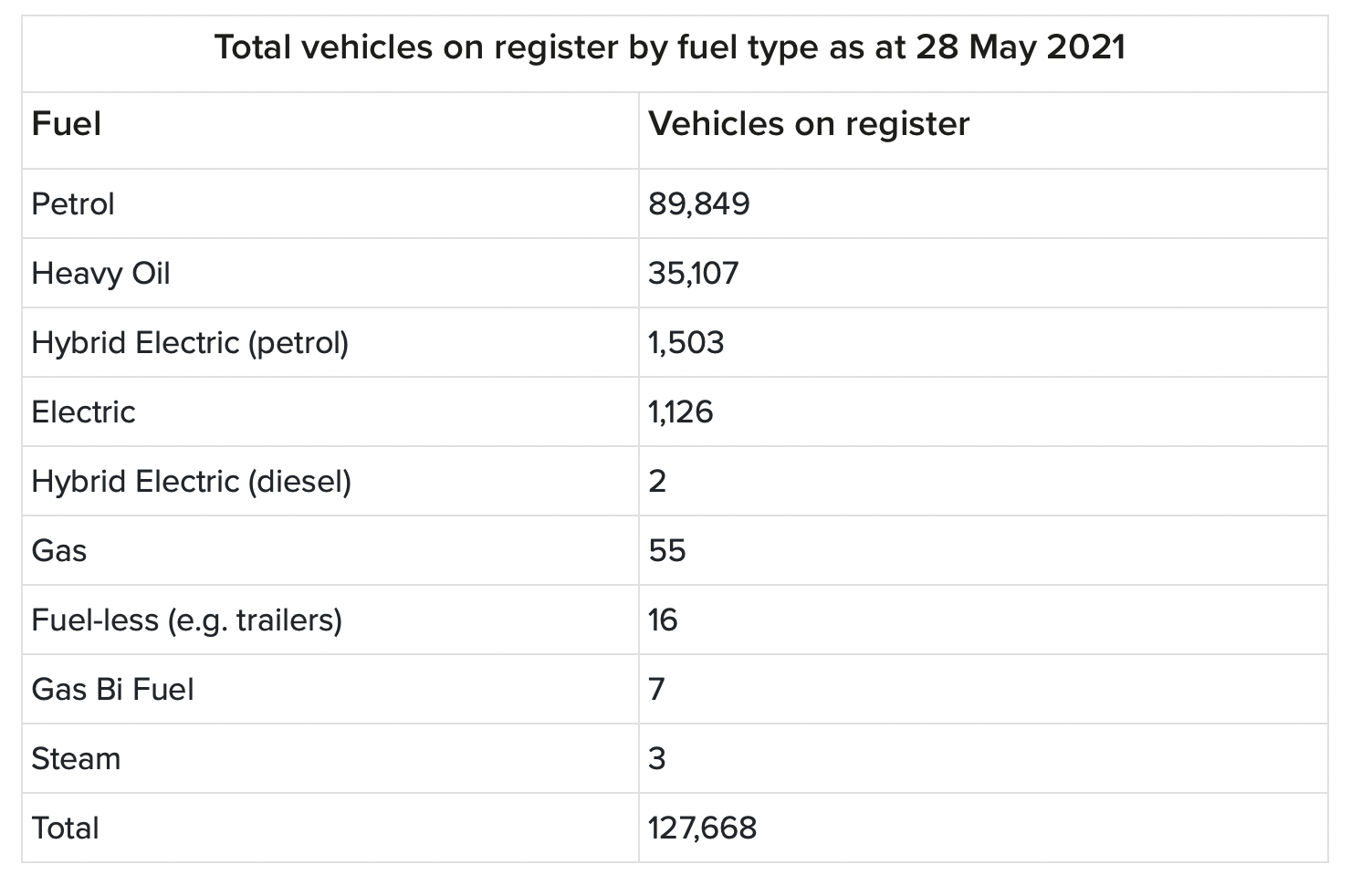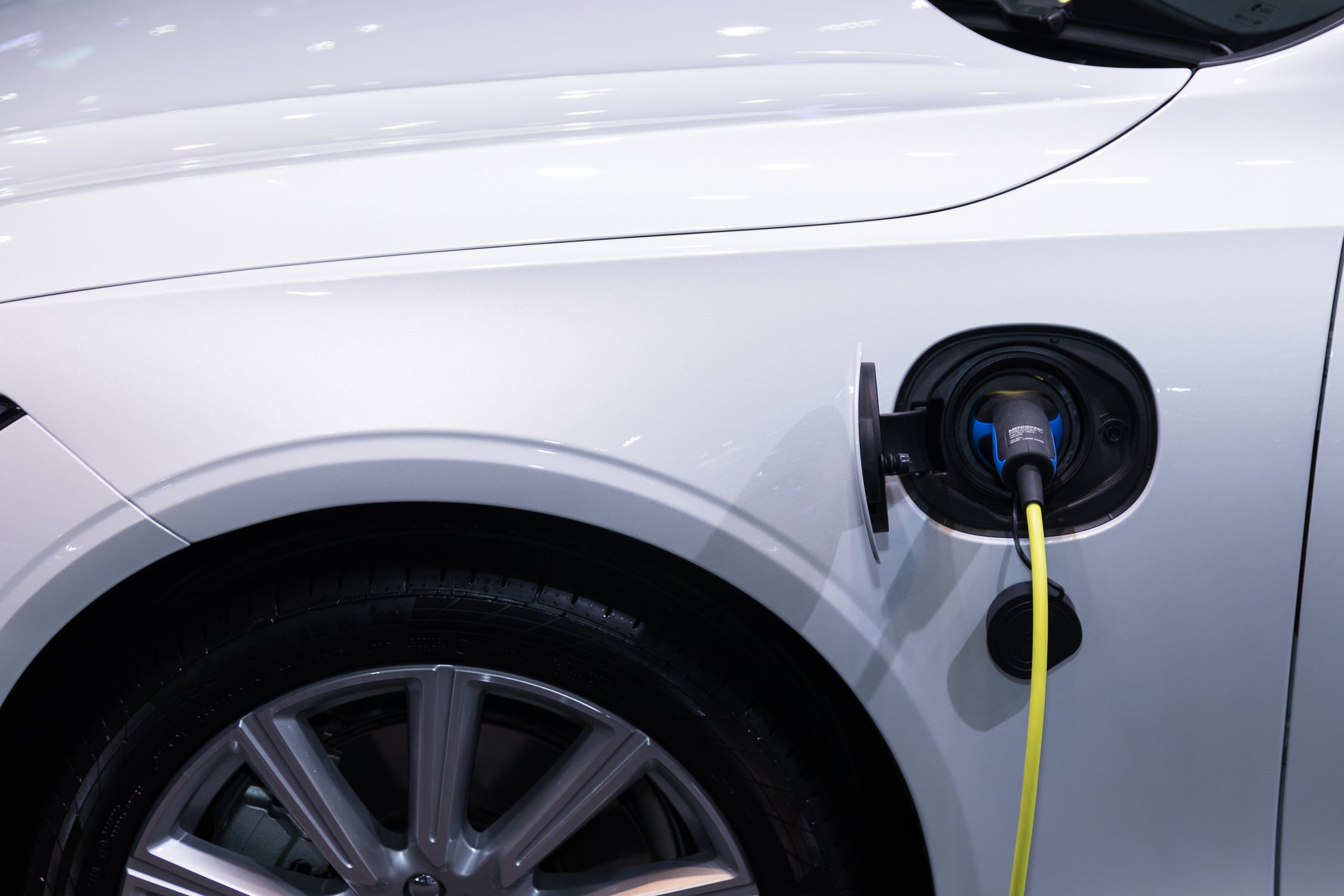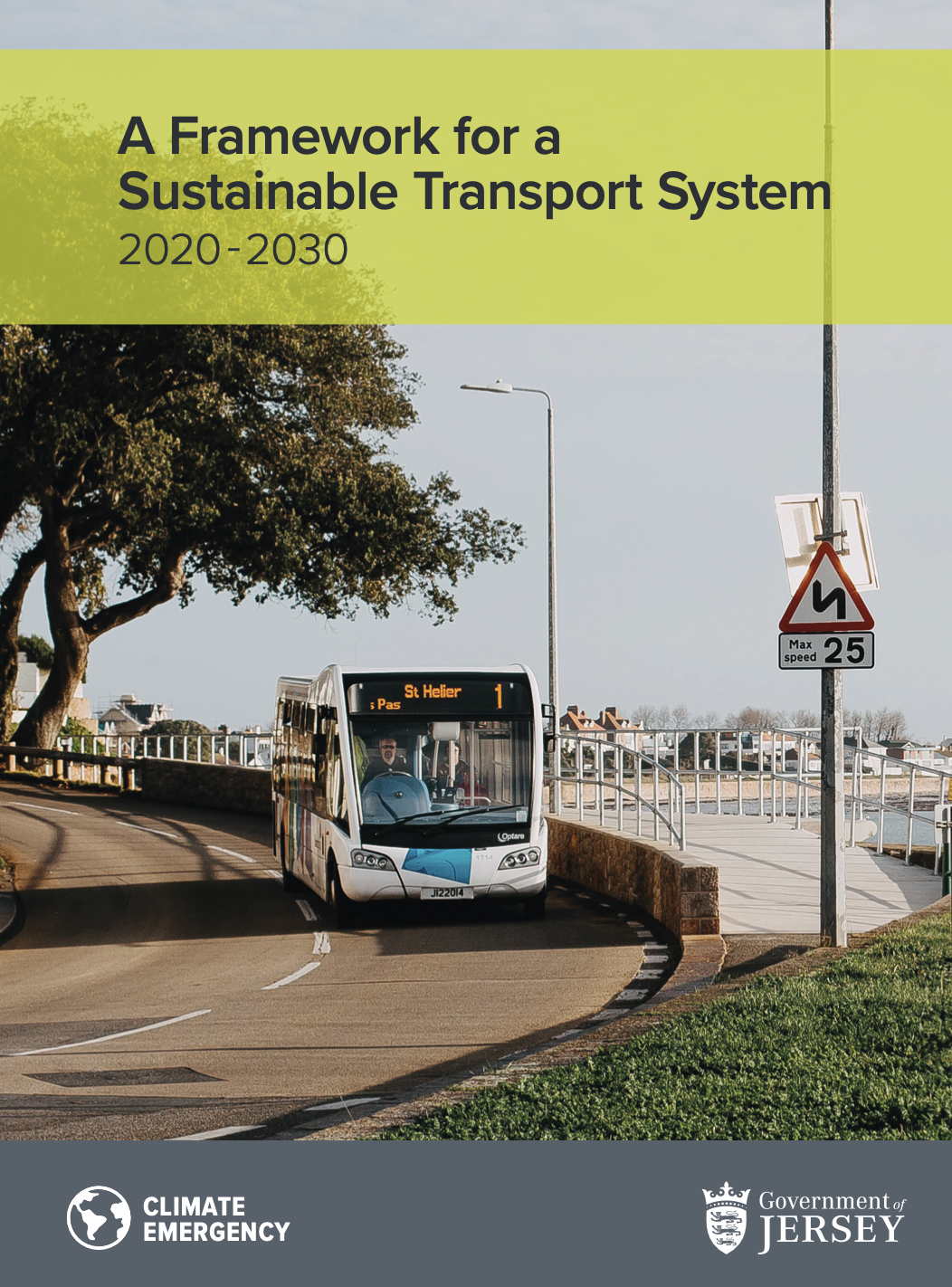


Around two in 100 Jersey vehicles now either hybrid-powered or fully electric, while the number of pure electric has doubled in the past year... but which is the most popular brand? And what moves are being made to boost their use further?
1,126 out of an island total of 127,668 registered vehicles - more than there are people - are currently are powered entirely by electricity, with a further 1,505 either powered through a hybrid of electricity and fuel.

Pictured: 2.1% of the island's total vehicles are either electric or hybrid.
The numbers were released by Government following a request made under the Freedom of Information Law to provide a breakdown of the 795 pure electric cars registered on-island, and the fuel type of all vehicles on the island.
It shows that electric vehicles are picking up more traction on the island, nearly doubling from February 2020, when registered pure electric vehicles stood at 664.
Registered hybrid electric vehicles have also increased up by 47% of the what they were in February last year, when they stood at 1027.
In this piece, Express breaks down the current stats for electric vehicles on the island, and looks ahead to see what the future holds for them in Jersey…
1. Nissan - 155 cars
2. BMW - 154 cars
3. Renault - 123 cars
4. Volkswagen - 69 cars
5. MC Smart GmbH - 55 cars
6. Peugeot - 41 cars
7. TESLA - 36 cars
8. Mini - 37 cars
9. Mercedes-Benz - 23 cars
10. Jaguar - 21 cars
12. Honda - 19 cars
12. Porsche - 19 cars
13. Kia - 15 cars
14. Hyundai - 10 cars
15. M.G. - 4 cars
16. Audi - 3 cars
17. Mazda - 2 cars
17. Mitsubishi - 2 cars
17. Seat - 2 cars
17. Fiat - 2 cars
17. La Prima - 2 cars
18. REVA - 1 car
18. Lexus - 1 car
18. C-ZERO - 1 car
18. Citroen - 1 car

Pictured: According to their website's map, there are currently 31 charging points provided by Jersey Electricity around the island.
According to their map, Jersey Electricity currently have a total of 31 electric charging points dotted across the island.
These are split into 3 different categories:
The company says though that charging “at home is the preferred option for most EV drivers”, and that £10 worth of overnight home charging could take a driver up to 430 miles.

Pictured: Up until 31 December this year, anyone who is on their first year of registering their electric car will be able to park in States of Jersey carparks for free.
Up until 31 December of this year, the Government is offering free parking in all States of Jersey car parks for 12 months from the vehicle's initial registration, as long as it falls under the category of:
After these first 12 months, up until the offer expiration, vehicles are then able to park half-price.
However, a report by consultants Oxera published last year suggests even more extreme incentives to get islanders using electric vehicles, including increasing fuel taxes, grants and payments, and even an eventual banning of the registration of new petrol and diesel vehicles.
It said that these subsidies could cost the island between £98m - £146m, but that, in comparison, “the present value of the social cost that the current level of carbon emissions would impose on Jersey citizens over 2019–50 amounts to around £600m.”
Some of these recommendations were echoed by the Citizens’ Assembly, who earlier this year recommended that registration of fossil-fuelled private cars should stop no sooner than 2025.

Pictured: A framework for sustainable transport said that "electric vehicles" may be some way off for all parts of the market.
Oxera’s report came following an agreement of the States Assembly to adopt a climate emergency, and back policy to aim for fully sustainable transport by 2030, with its following policy acknowledging that currently, 32% of the island’s carbon emissions come from road transport.
But whilst a framework set out for the Sustainable Transport Policy says it is “committed” to the uptake of more electric vehicles, it does say that this may need to be mixed with a number of other provisions due to costs.
“Although the market for electric vehicles is accelerating at pace, there are some types of vehicles for which there is not yet a viable electric version available at a realistic price point,” it states.
It adds: “It is therefore important to recognise that electric vehicles may be some way off for all parts of the market and that the use of alternative fuels should be considered as part of the transition.”
With the UK having announced last year though that it would be banning the sale of purely petrol and diesel powered cars from 2030, it remains to be seen how quickly Jersey steps through its alternative fuel transition phase, and follows suit.
Comments
Comments on this story express the views of the commentator only, not Bailiwick Publishing. We are unable to guarantee the accuracy of any of those comments.